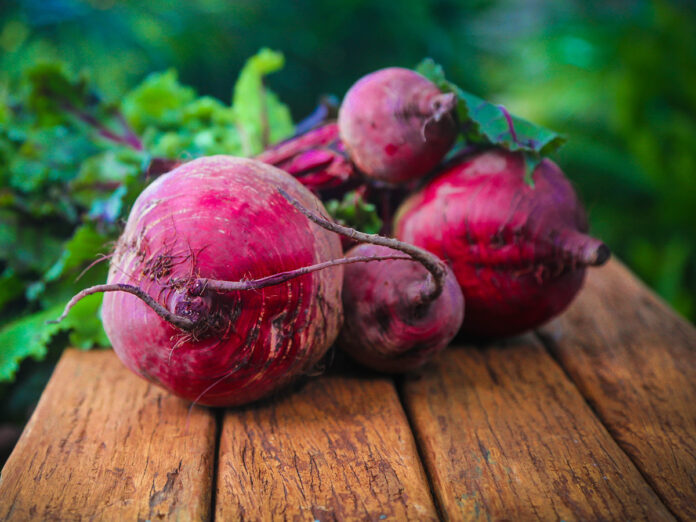
As awareness about diet grows, many athletes are moving to a plant-based diet. Especially in endurance events, I see athletes shying away from meat and dairy during their training.
Myriad athletes get caught up with how many hours they train while paying little attention to their diet before and after workouts. I recently re-prioritized my focus to getting maximum quality from my training sessions. This requires a conscious effort on recovery after workouts. A whole food, plant-based diet has been instrumental in allowing me to increase volume week over week while still being able to keep the quality high.
The three main sources of energy for your body are carbohydrates, fats and proteins, also considered macronutrients. Carbohydrates are the most readily available for your body. Try eating a variety of plant-based unrefined complex carbohydrates such as oats, brown rice, quinoa, potatoes, yams and beans two-to-three hours before activity, especially on race day. Fruits such as berries, bananas and dates are great carbohydrates quickly digested for a more immediate source of energy. It’s important to eat whole foods instead of refined and highly processed foods because the simple sugar carbohydrates will burn off way too quickly and won’t give you a lasting fuel source.
Plants are the cleanest and most effective fuel source for our bodies. They contain all the fibre, water, minerals, vitamins, proteins, carbs, fats, amino acids and other important nutrients that you need without any of the added saturated fats, cholesterol and excess animal proteins that are inflammatory in nature and harsh on the kidneys and liver. Your body always responds better to clean fuel. Like a car — the cleaner the fuel, the cleaner the engine, the better the performance.
Seeing improvement in a workout program is about creating adaptations to your body during exercise. It’s about breaking down muscle fibres and rebuilding them so they are stronger and more efficient. If you don’t eat the right foods within 30-45 minutes after a hard workout, you will notice a difference in recovery times, and it will make a difference in the quality of your next workout.
With a plant based diet, your body gets everything you need to recover and nothing you don’t. There are certain nutrients essential to recovery and performance you can’t get easily from animal products. Antioxidants and nitrates can only be found naturally in plants. These nutrients are important for recovery, and here’s why.
Nitrates/Nitric Oxide
During exercise nitric oxide is released into your blood stream, which relaxes and widens your blood vessels allowing more blood to flow through. This increase in blood flow is crucial to performance during exercise and recovery. Blood carries oxygen to your muscles to repair the damaged cells. Plants have high amounts of nitrates in them, which your body turns into nitric oxide. You want as much blood flowing to your muscles as possible to delay the onset of fatigue and help repair them. An awesome post-workout meal is a spinach and arugula salad with beets, walnuts, oats and berries. Or try steaming a large serving of kale and eat it with a splash of balsamic vinegar.
Antioxidants
After a workout, your body builds up free radicals and oxidative stress. The goal of recovery is to clear out the free radicals and oxidative stress as quickly as possible. Antioxidants are the best way to fight off oxidative stress. Try eating fresh strawberries, raspberries, blueberries or camu camu powder in a smoothie within 30 minutes of finishing your workout.
As an endurance athlete, recovery is very important to me. My next workout is always just around the corner. The most successful athletes are the ones who can recover the fastest and be the freshest for the next workout. Don’t overlook the power of plants!
5 Best Foods for Boosting Nitric Oxide
- Dark leafy greens (arugula, spinach, kale, lettuce, sprouts)
- Beets
- Strawberries
- Watermelon
- Walnuts















